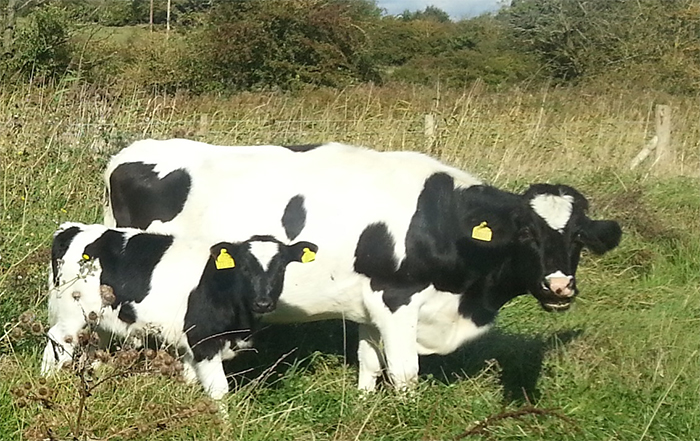
Following a successful trial last autumn, a herd of cows will once again replace lawn-mowers to cut the grass at one of Worcestershire’s most important wildlife locations.
The Canal & River Trust, which looks after Coney Meadow reed bed on the banks of the Droitwich Canal, has this week recruited the six Shetland cattle for a new two month stint.
In contrast to lawn-mowers, which create flat, characterless environments, the grazing cows will provide a more varied landscape, ideal for wildlife such as rare grasshopper warblers, which have recently started nesting on the site and a host of invertebrates which are important sources of food for protected bats and birds.
Mark Robinson, ecologist with the Canal & River Trust, said: “The cows were brilliant last year, so we thought we’d bring them back. They do so much good work, creating a real mosaic of habitats that are ideal for increasing the wildlife diversity of the site. Even after one season grazing you can spot the difference, with clumps of sedge, rushes and dog rose, all of which would be missed by mechanical grass cutting. This is excellent for local biodiversity as it means there is more food sources for local species, like bats and birds. Coney Meadow is really important for local wildlife and the Droitwich Canal. We get a huge amount of visitors who come and see it, and the cows are in their own way another addition to the wildlife that make their home here.”
Droitwich’s canals have undergone a transformation in recent years, having been fully re-opened in 2011, thanks to the hard work of local volunteers and community organisations. Coney Meadow reed bed, which was built next to the canal as part of the restoration, is a hotbed for local wildlife, such as herons, kingfishers and otters, and plays a significant role in supporting the eco-systems of the surrounding countryside.
The cows are being provided by Wyre District Council who use them on conservation areas around the local region.
